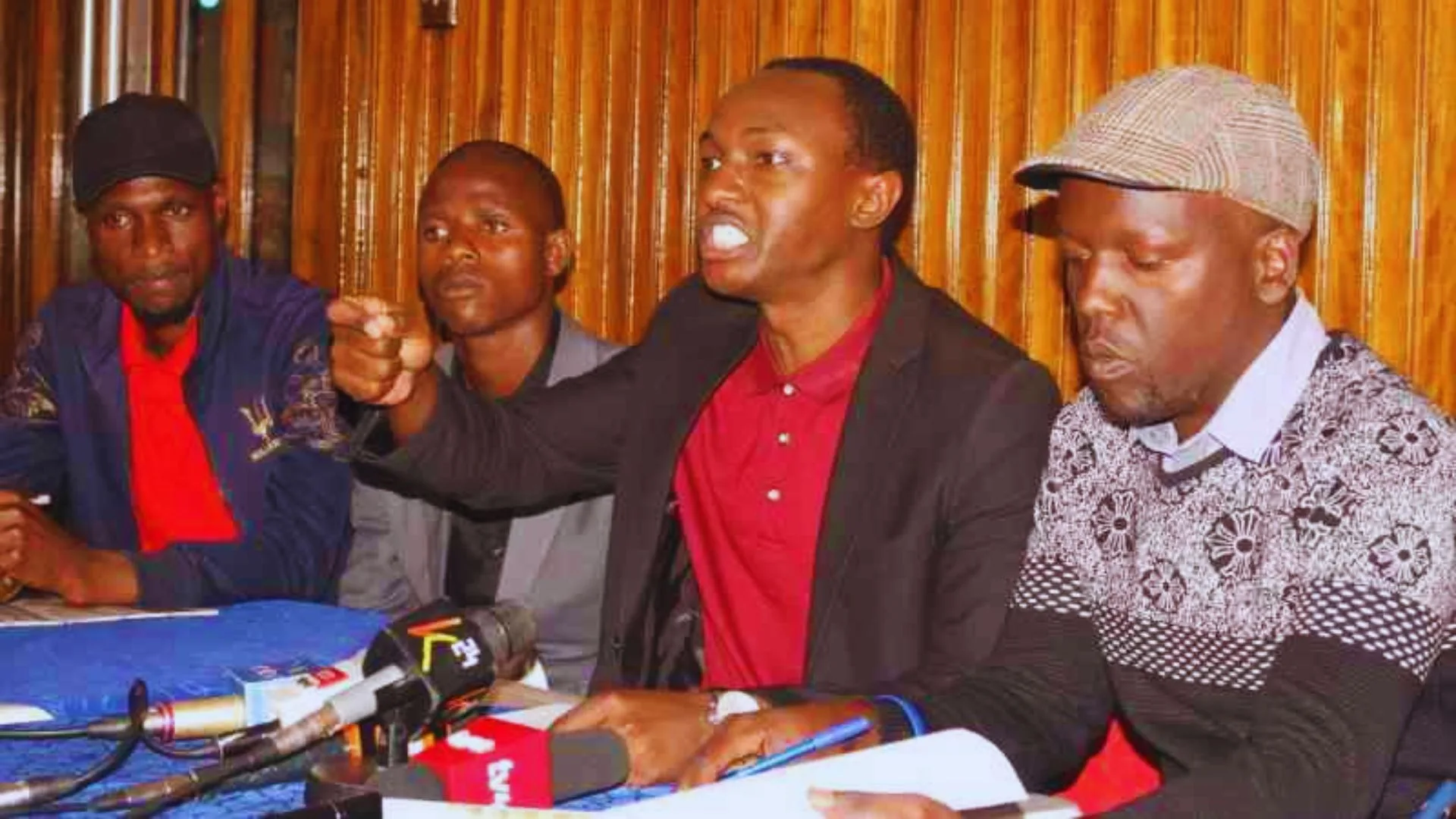JSS Teachers Seek TSC’s Intervention Over Intimidation by School Heads
Junior Secondary School (JSS) teachers have expressed growing concerns and called for the Teachers Service Commission (TSC) to step in, citing a strained relationship with their school heads. According to the teachers, they are facing systemic discrimination, threats, intimidation, and coercion from Heads of Institutions (HOI).
In response, JSS teachers have urged the Commission to carry out thorough and impartial investigations into the reported cases.
The Kenya Union of Post Primary Education Teachers (KUPPET), Makueni branch, has also weighed in, cautioning primary school headteachers—who serve as acting principals of junior secondary schools—against intimidating the teachers.
Since their employment in 2023, JSS teachers and headteachers have struggled to establish a good working relationship. Persistent conflicts have negatively impacted the quality of education.
Some teachers have advocated for JSS to operate as an independent institution to alleviate tensions. However, the Presidential Working Party on Education Reforms (PWPER) integrated nursery, primary, and junior secondary schools into a single entity known as a comprehensive school.
Recruitment and Employment Terms of JSS Teachers
In January, TSC confirmed the permanent and pensionable terms for 39,550 JSS teachers who had been initially employed as interns.
These comprised 21,550 teachers recruited in February 2023 and 18,000 hired in September 2023. Additionally, TSC deployed another 20,000 JSS teachers in January on a one-year internship contract.
During the Kenya Primary School Heads Association (KEPSHA) conference in Mombasa last November, TSC CEO Dr. Nancy Macharia addressed the ongoing conflicts. She urged primary school headteachers to treat JSS teachers with fairness, emphasizing that these teachers, particularly interns, do not earn salaries and require support.
Macharia highlighted that JSS intern teachers receive a monthly stipend of Ksh 20,000, which is reduced to Ksh 17,000 after statutory deductions, including NHIF, Housing Levy, and NSSF. She further encouraged headteachers to support JSS teachers in implementing the Competency-Based Curriculum (CBC) effectively.
Read Also: TSC Disburses Long-Awaited Allowances to Field Officers
Key Causes of Conflict
Several factors have contributed to the ongoing discord between primary school headteachers and JSS teachers:
- Superiority Complex – Some JSS teachers believe they hold superior academic qualifications compared to headteachers, who often possess only a Primary Teacher Education (PTE) certificate or a diploma.
- Financial Management – JSS teachers argue that headteachers are not the right individuals to manage JSS funds, alleging misuse and lack of prudent financial oversight.
- Professional Conduct – Headteachers claim that some JSS teachers, particularly those from the Gen Z generation, exhibit immature and unprofessional behavior.
- Headteacher Insecurities – Some school heads feel threatened by JSS teachers, fearing that their influence may impact school capitation and funding.
- Economic Struggles – JSS intern teachers face financial hardships due to their low pay, which contrasts sharply with the better salaries earned by their counterparts in permanent and pensionable positions.
Given these ongoing issues, JSS teachers continue to call for swift action from TSC to ensure a fair and conducive working environment in schools.
JSS Teachers Seek TSC’s Intervention Over Intimidation by School Heads
Follow Teachers Updates on Facebook, LinkedIn, X (Twitter), WhatsApp, Telegram, and Instagram. Get in touch with our editors at [email protected].


Discussion about this post